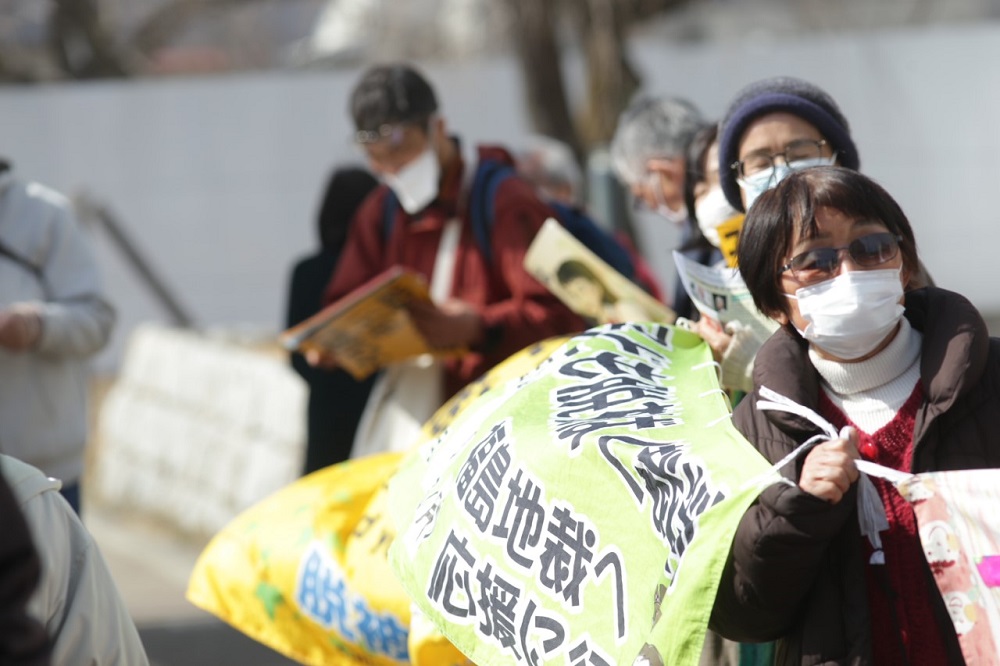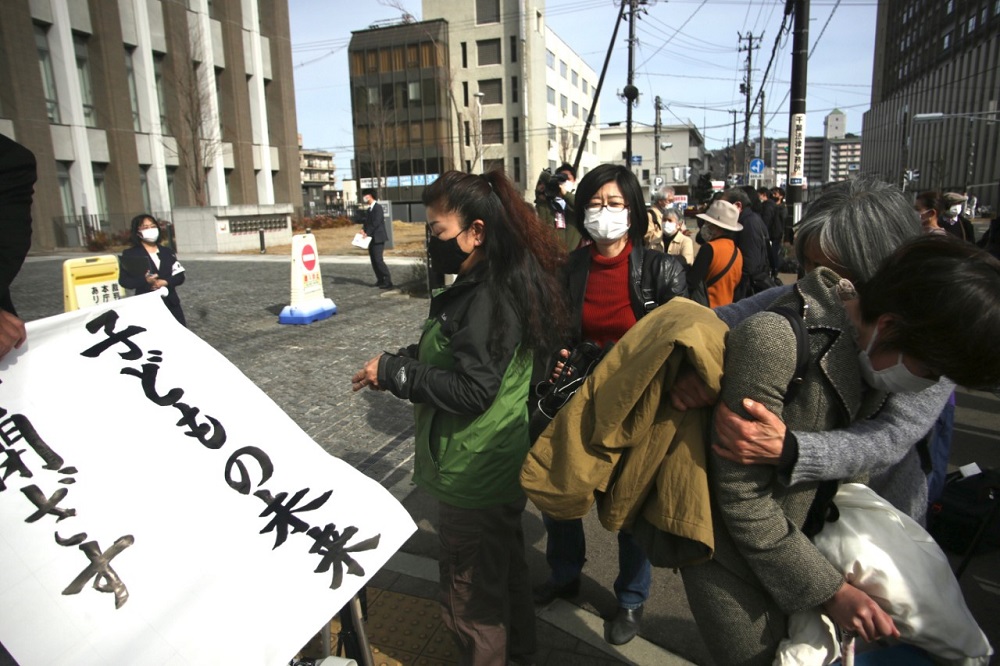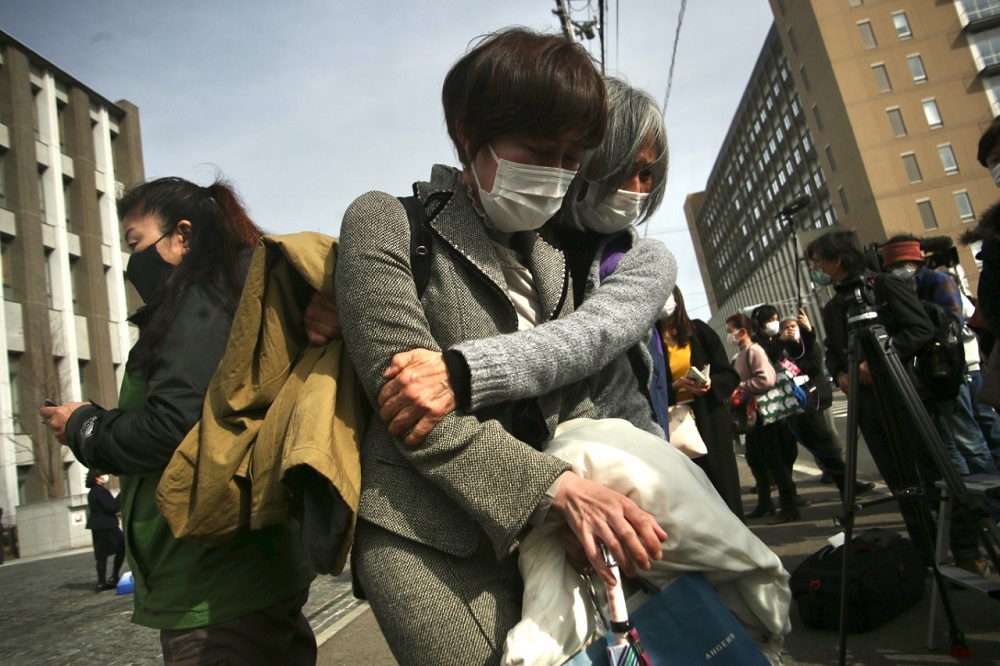





Arab News Japan
TOKYO: Following the rejection of a complaint at the Fukushima court on March 2, 2021, during a trial on the exposure of Fukushima children to radioactivity, an appeal was heard in the Sendai High Court.
The original court case lasted six years before being dismissed in March last year.
According to Keinichi Ido, one of the lawyer’s representing the families, the accused parties are the Fukushima City, Fukushima Prefecture and the state for failure to protect against the risk of radiation following the Fukushima disaster.
The Ministry of Welfare, Education and Sports was also implicated during the pleading for having allowed children to attend school in Fukushima Prefecture when the level of radioactivity was unknown.
The Ministry of Education then decided to increase the tolerance standard from 1 millisievert to 20 millisieverts per year, including for children and adolescents.
Arakida Takeru, associate professor at the University of Fukushima, data on radioactivity was only acknowledged on March 23 despite the sending of more than 30 faxes on March 13 at the start of the nuclear disaster in 2011.
The plaintiffs say the data on radioactivity in the air could have allowed a faster evacuation of the local population. As a result, the people of Fukushima were unnecessarily exposed.
One witness expressed his anguish at the consequences of the radioactive contamination affecting the inhabitants of the disaster areas near the Fukushima power plant and asked the court for restitution.